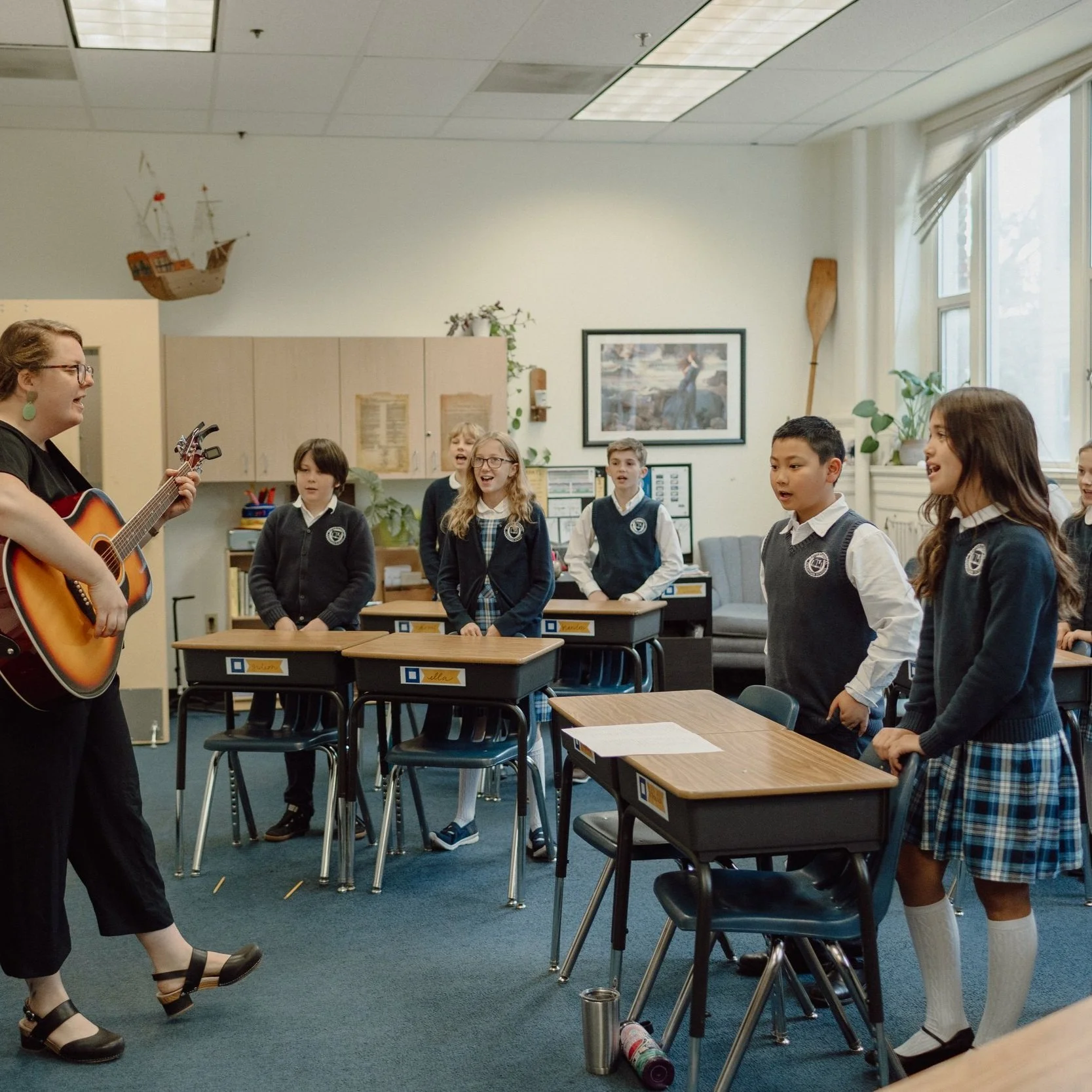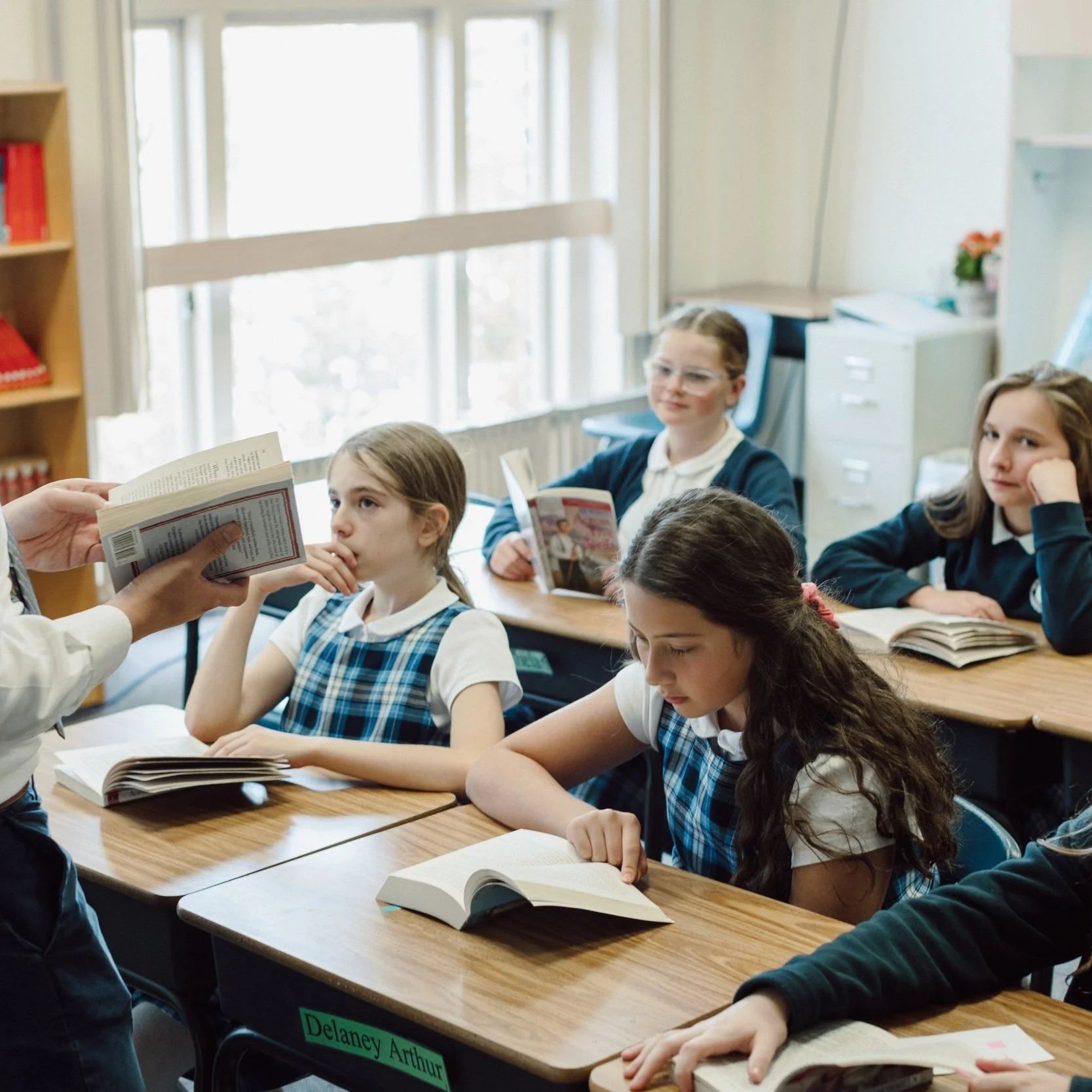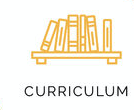THE CLASSICAL APPROACH
What is Classical Education?
“Classical education is like a very large museum with many beautiful, wonder-filled rooms that could be studied over a lifetime. It is a long tradition of education that has emphasized the seeking after of truth, goodness, and beauty and the study of the liberal arts and the great books.
What are the liberal arts? They are grammar, logic, rhetoric (the verbal arts of the trivium), arithmetic, geometry, music, and astronomy (the mathematical arts of the quadrivium). This approach to education also includes the study of Latin. The classical approach teaches students how to learn and how to think.” — Classical Academic Press
The classical approach trains the mind in three stages called the Trivium (which means, “the place where three roads meet”). These phases wisely leverage the natural stages of a child’s development, resulting in joyful learning that invites curiosity. These three phases include:
Grammar
Grammar students delight in facts through song and chants as they memorize the foundational elements for learning.
Young children love to learn about the world around them! Developmentally, they are wired to quickly absorb essential information and delight in memorizing. The grammar stage uses songs, chants, and rhymes to help children love learning everything from history timelines to grammar rules. By building a factual foundation for every subject with joyful, ordered learning, students are well equipped for a lifetime of critical thinking and clear communication.
logic
Logic students think critically and learn sound reasoning to argue well.
As a student’s capacity for abstract thought matures, the Logic phase harnesses their desire to understand the way facts fit together into an organized framework. Students in 7th and 8th grade begin to think independently, pay closer attention to cause and effect, and form an urge to argue. Classical learning teaches children in this phase to argue well by introducing formal debate and logical reasoning. In line with their developmental stage, each grade uses an interdisciplinary approach with an emphasis on how subjects relate to each other. Armed with formal training in logic within an environment of virtue, our students move toward speaking with humility and wisdom as they discover their individual passions.
rhetoric
Rhetoric students learn to lead with eloquence and prepare to be invested citizens of the world.
Once students have obtained knowledge of the facts (grammar) and developed the skills to arrange those facts into arguments (logic), they must develop the skill of communicating those arguments to others (rhetoric). 9th to 12th-grade students continue interdisciplinary studies with deeper engagement in core subjects and exercise their learning through writing papers, researching, and orating. Developmentally, rhetoric students begin to become concerned with what others think, so classical education seeks to help students refine their thoughts to think and speak well. More than that, classical Christian education desires to help students grow confidently in their identity in Christ. Secure in the gospel, equipped with well-trained minds, Rhetoric students learn and sharpen skills that serve them well beyond the doors of educational institutions.




















